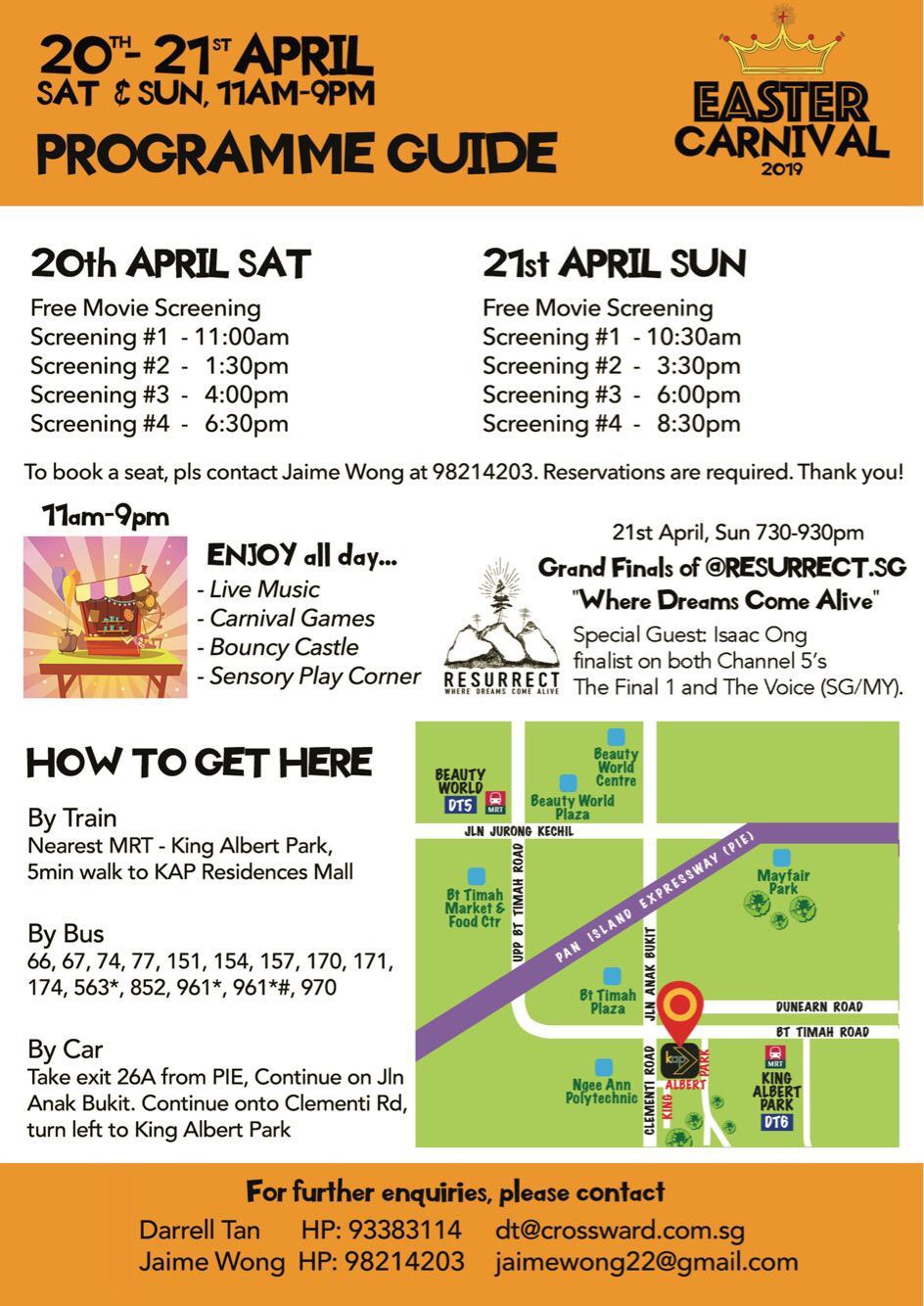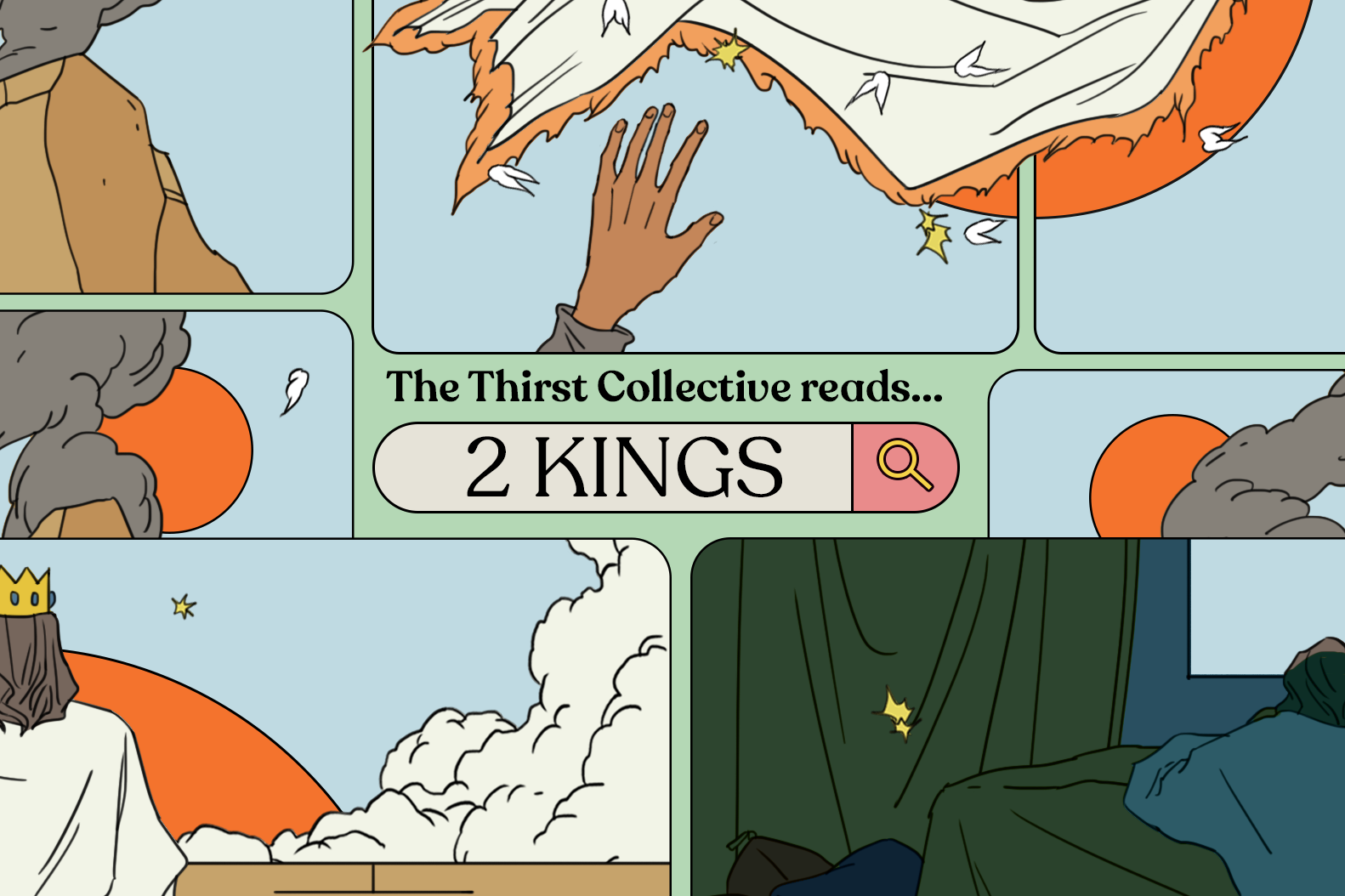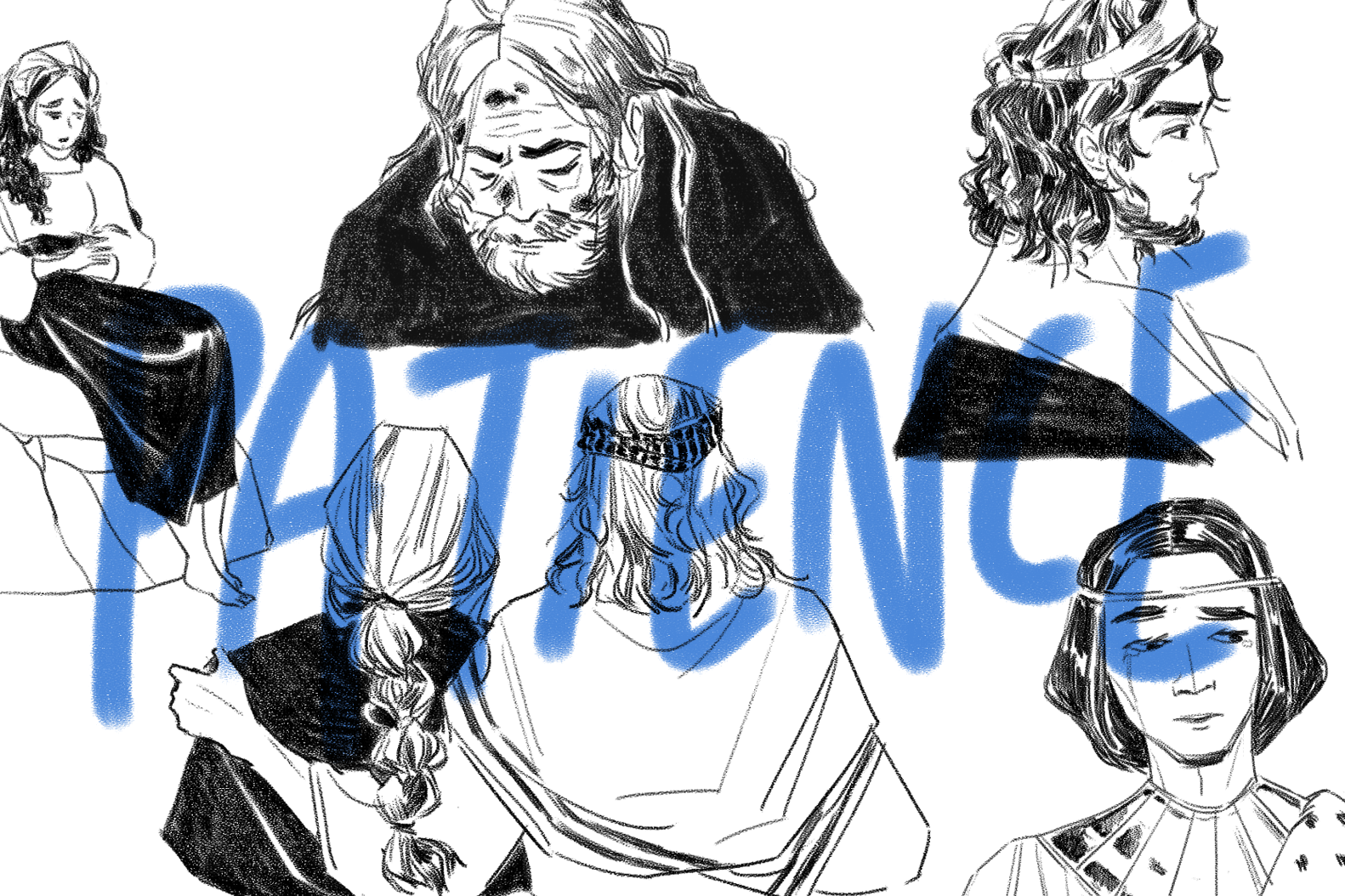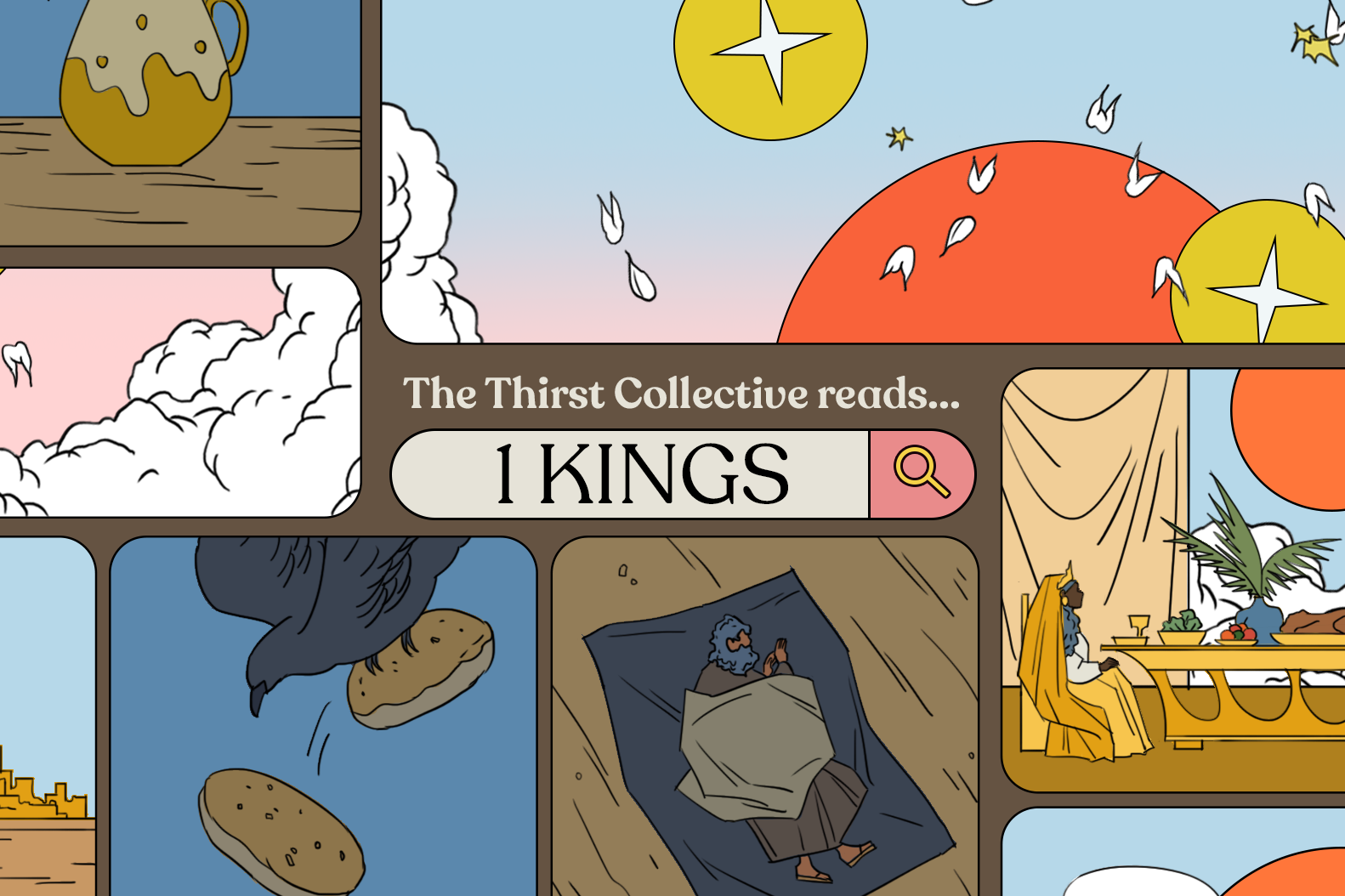So many of us carry a spirit of resignation and cynicism bred from a thousand small disappointments over time.
As an educator, I hear it in the disheartened voices of students who tell me, “I will never make it. I cannot one.” I see it in the despairing eyes of mothers who share, “This is just the way it is with my son. We can’t communicate with each other, and I can’t get through to him.” I feel it in the despondent spirits of friends who cry out, “I can’t shake off the shackles of depression that bind me.”
All of us may be physically alive at this point, but if we were to be completely honest with ourselves, we all have an area of our life that has died and is need of resurrection.
Perhaps we feel that our careers are going nowhere, or maybe we have given up hope of ever finding love; perhaps our relationships with our parents are crumbling, or maybe repeated failures at school and work have dulled our hopes of ever fulfilling our dreams.
Many of us find ourselves in the valley of hopelessness, and it’s hard to see signs of life anywhere.
But it doesn’t have to be this way. In Romans 8:11, Scripture states that the same Spirit who raised “Jesus from the dead is living in you … and will also give life to your mortal bodies because of his Spirit who lives in you.”
So even as we triumph over the promise of eternal life, we need to remember that the Resurrection is significant not merely because of what it means for us when we die, but also because of what it means to us as we live.

FROM DEATH TO LIFE
The power of the Resurrection is first alluded to in the Old Testament, in an account that records the prophet Ezekiel’s stunning vision of God resurrecting the “dry bones” of the nation of Israel (Ezekiel 37).
As the vision begins to unfold, Ezekiel finds himself “in the middle of a valley”. Some of our greatest revelations from God will come when we’re in a valley of some kind. We all crave mountaintop experiences, but more often than not, our biggest breakthroughs occur when we’re experiencing some of the lowest “lows” in our life.
Surrounded by death and dryness, God asks Ezekiel a question: “Can these bones live?”. Despite being a man of faith, even Ezekiel had little confidence in what the Lord could do. Instead of boldly proclaiming that the dry bones would surely live, all he could muster was a seemingly weak response, “O Sovereign Lord, You alone know”.
Here are 3 lessons on resurrection we can learn from Ezekiel’s experience:
1. New life in our words and thoughts
After taking Ezekiel to the valley of dry bones, God instructs him to “prophesy to these bones”. If we want to experience the resurrection of a dead area of our lives, God wants to make us active participants, not passive observants. You will be guided by God and empowered by Him to carry out your “next steps”.
God wants to make us active participants, not passive observants.
Ezekiel is then instructed to relay God’s promise that He was going to “make breath enter (the bones), and bring (them) to life”. He also commands the bones to “hear the word of the Lord”. We need to start speaking words of life and hope to the troubling circumstances in our life.
We must take captive all thoughts – every doubt, every spirit of fear, every instance of anxiety – that exalt themselves against the knowledge of God and command them to be obedient to Christ (2 Corinthians 10:5).
2. New life in our circumstances and relationships
After Ezekiel’s command, “the bones came together, bone to bone”. When situations begin to shift, we start to find alignment in things and agreement with people. God’s plan is always to bring us together, but if the devil can keep us separated and isolated, our dryness and defeat will continue unabated.
In this short account of Ezekiel’s vision, the Lord instructed Ezekiel – three times – to say to these bones, “then you will know that I am the Lord.” We are often so inclined to rely on our human effort that it takes a certain death and a subsequent resurrection for us to fully acknowledge our futility and His sovereignty.
God’s love for us operates not in ways that makes us supreme, but in ways that make Him supreme.
3. New life in our hopelessness and brokenness
Finally, the Spirit of God breathed on these dead bones, raising them to life. The Israelites had said, “our bones are dry, our hope is lost”, but the Lord brought about resurrection and pointed them to a hope-filled future. Dead bones do not come back to life when we try harder; they come back to life when we invoke the miraculous power of God.
If we want God to turn our dead situation around, we have to grant him access to our place of pain.
We need to remember, however, that if we want God to turn our dead situation around, we have to grant him access to our place of pain. God will not force Himself on us; He is ready and willing only if we are. We must allow God access to the place where we have stopped believing.
Is it too painful to even bring it up? Yes. Is it something you may not even want to think about anymore? Sure. But if we truly desire to resurrect our dead dreams, relationships, and aspirations, we need to invite God into the place of brokenness.
THE PROMISE OF EASTER
The Resurrection of Jesus Christ is arguably the most significant event of the Christian faith, and each Easter, Christians around the world pause to reverently remember His death and His resurrection.
The Resurrection is the cornerstone of Christianity and the basis of our salvation. Without it, all of us will perish in eternal condemnation. But because God has raised his Son from the dead, those who believe in Him will not perish but have everlasting life.
But the Resurrection of Christ is more than just an event in history. It is the greatest demonstration of God’s power – a power that defeats death and breathes life into things that are dead and desolate.
This Easter, may we be reminded that the same power that raised Jesus to life is the same power that will raise us to life, even on this side of eternity. May we never stop believing.
Joy is part of a group of young Christian business owners with a passionate desire to effect meaningful change in Singapore’s youth landscape through mentorship.
Her team is holding an online competition, “Resurrect: Where dreams come alive”, where young people are invited to submit a visual through Instagram reflecting a dream they would like to see fulfilled. Finalists of this competition will present their works at an Easter Carnival that will be held on April 20-21, 2019, at King Albert Park (KAP) Mall.
The Carnival aims to raise community awareness of youth issues and the team’s mentoring movement. There will be also be games, food booths and free movie screenings. Entry is free and all are invited!


- What are some of the great disappointments you have faced?
- What are some things you are cynical about concerning your life?
- What are some areas of death and dryness in your life you can speak into?
- Who can you encourage and speak life to this Easter season?









